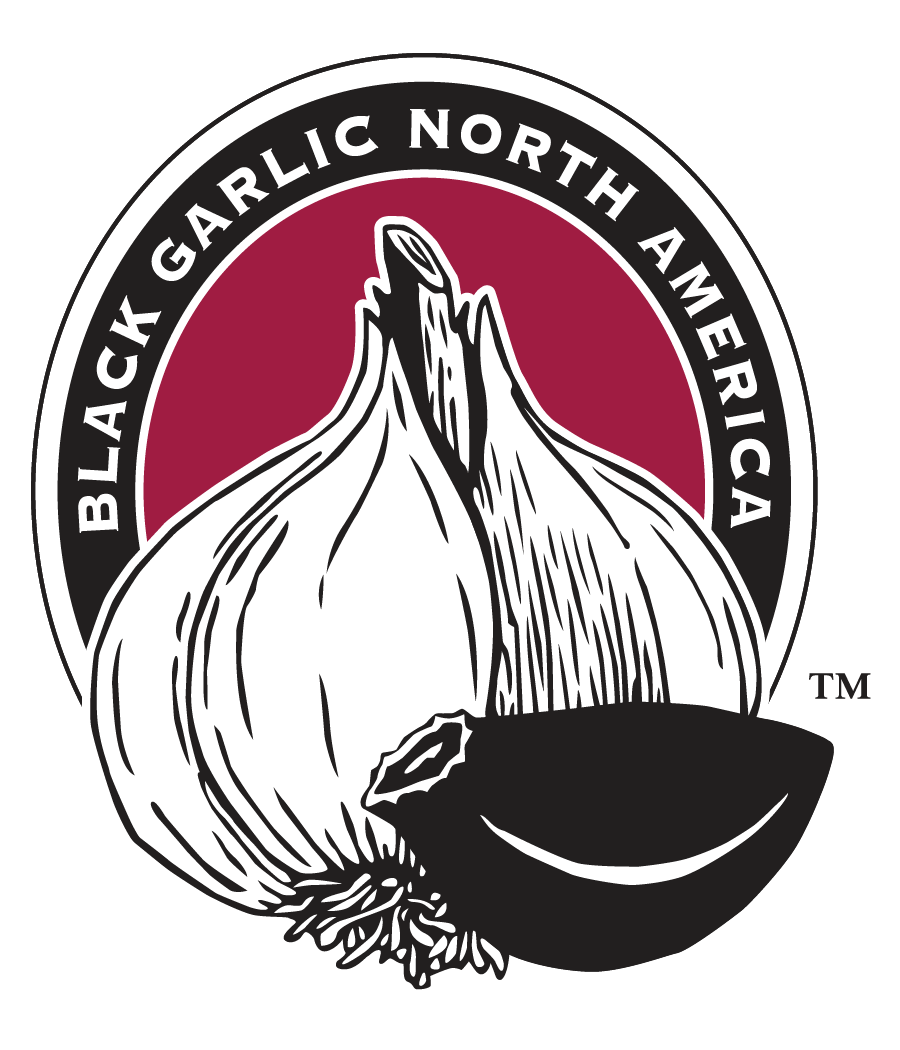Mom always told us to take our vitamins, and we dutifully obeyed (whether it was because we were obedient children or because those Flintstones Gummies were delicious…we’ll never know). We should all thank our mothers for looking out for our health, but have we actually ever understood the why?
At least until recently, my knowledge of vitamins and minerals was abysmally small. I knew vitamins = good. And that’s it. I’m sure I’m not alone in this. At least I hope so.
So on this week’s edition of Mission: Understanding Nutrition Buzzwords, we’re going to briefly examine different vitamins and minerals that our bodies need to function properly. Our hope is that you finish this article feeling a bit more educated on what vitamins and minerals actually do, and how you can make sure you’re getting enough of them naturally.
What are they?
Vitamins and minerals are organic compounds that are essential for supporting normal functions in our bodies. A healthy diet is imperative in helping us get the amounts of vitamins we need because our bodies can’t create vitamins and minerals fast enough to meet daily needs. When we don’t get enough of them, our bodies have certain deficiencies, which can create or exacerbate existing conditions.
An excellent example of the importance of healthy diet is scurvy. During the age of international exploration, sailors traveled for months on ships and as I’m sure you can imagine, kale wasn’t exactly a dietary staple. Due to the lack of fresh fruits, vegetables and whole foods, sailors developed scurvy, which causes general weakness, anemia, gum disease and skin conditions.
While this example might feel extreme, it’s worthwhile to notice how much diet can affect your overall health. Vitamins and minerals provide the components our body needs to maintain healthy skin, teeth, bones, blood, muscles and everything in between. So here are 12 of the most important vitamins and minerals your body needs on a daily basis in order to maintain optimal health:
Vitamin A
Good for: healthy eyes, healthy growth and development - especially teeth and skin
Natural Source: Carrots, sweet potatoes and cantaloupe - orange foods high in carotene
Vitamin Bs
Good for: energy production, immune function and iron absorption
Natural Sources: Whole unprocessed foods - whole grains, potatoes, bananas, lentils, chilis, beans, yeast and molasses
Vitamin C
Good for: blood vessel strength, giving skin elasticity, anti-oxidant function and iron absorption
Natural Sources: Everyone knows this one…Oranges! But you can also find Vitamin C in guava, red and green peppers, kiwi, grapefruit, strawberries, Brussels sprouts and cantaloupe
Vitamin D
Good for: strong bones
Natural Sources: the sun stimulates vitamin D production in the body (wear sunscreen!), eggs, fish and mushrooms
Vitamin E
Good for: blood circulation and protection from free radicals
Natural Sources: Almonds are a major Vitamin E powerhouse, but you can also find it in other nuts, sunflower seeds and tomatoes
Vitamin K
Good for: blood coagulation (clotting when you get a cut or scrape)
Natural Sources: leafy greens including kale, spinach, Brussels sprouts and broccoli
Folic Acid
Good for: cell renewal and preventing birth defects
Natural Sources: dark leafy greens, asparagus, broccoli, citrus fruits, beans, peas, lentils, seeds, nuts, cauliflower, beets and corn.
Calcium
Good for: strong bones and teeth
Natural Sources: Got milk? Dairy products like yogurt, cheese and milk contain a high amount of calcium, along with tofu and black molasses.
Iron
Good for: building muscles naturally, healthy blood
Natural Sources: Ready for this? The winner of food with the highest iron content is CLAMS. Yep we’re surprised too. You can also get lots of iron from oysters and organ meats such as liver. For the vegetarians in the house, get a good amount of iron from soybeans, cereal, pumpkin seeds, beans, lentils and spinach.
Zinc
Good for: Immunity, growth and fertility
Natural Sources: seafoods like oysters, spinach, cashews, beans and dark chocolate (we did a happy dance too).
Chromium
Good for: glucose function (making sure your cells have the amount of energy they need to function properly)
Natural Sources: whole grains, fresh vegetables and herbs
Folate
Good for: creating and maintaining healthy cells, helps prevent anemia
Natural Sources: Sea vegetables, asparagus, collard breeds, mustard greens, romaine lettuce, parsley, cantaloupe, spinach, tomato and broccoli
Eating a healthy diet is the best way to maintain a balance of the vitamins and minerals you need in order to be healthy. Throughout this list, you’ll see quite a few foods pop up more than once…broccoli, leafy greens like spinach and kale, nuts, and Brussels sprouts to point out a few.
There are so many ways to consume vitamin-rich foods in delicious and wholesome ways, and when we use food instead of pills or gummies to get our vitamins, we’re making sure our body is balanced and has the perfect amount of what it needs. In 2018, we want to challenge you to throw away the gummies and try to use food to keep your body healthy.
If you’re looking for new and creative ways to get your vitamins and minerals, check out our recipe page where we have TONS of options for you.
Next week: What’s the deal with preservatives?





